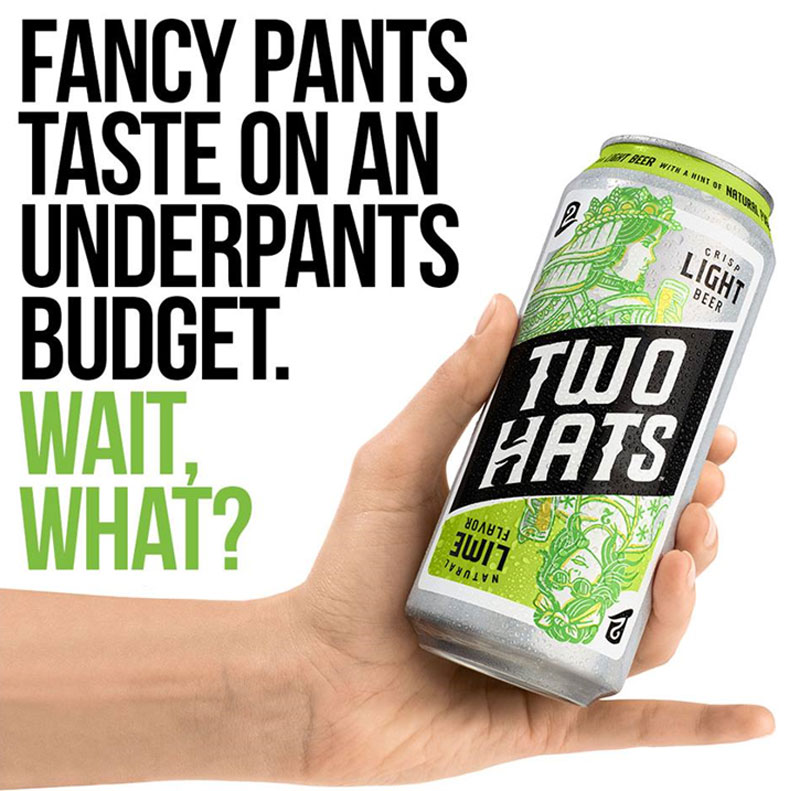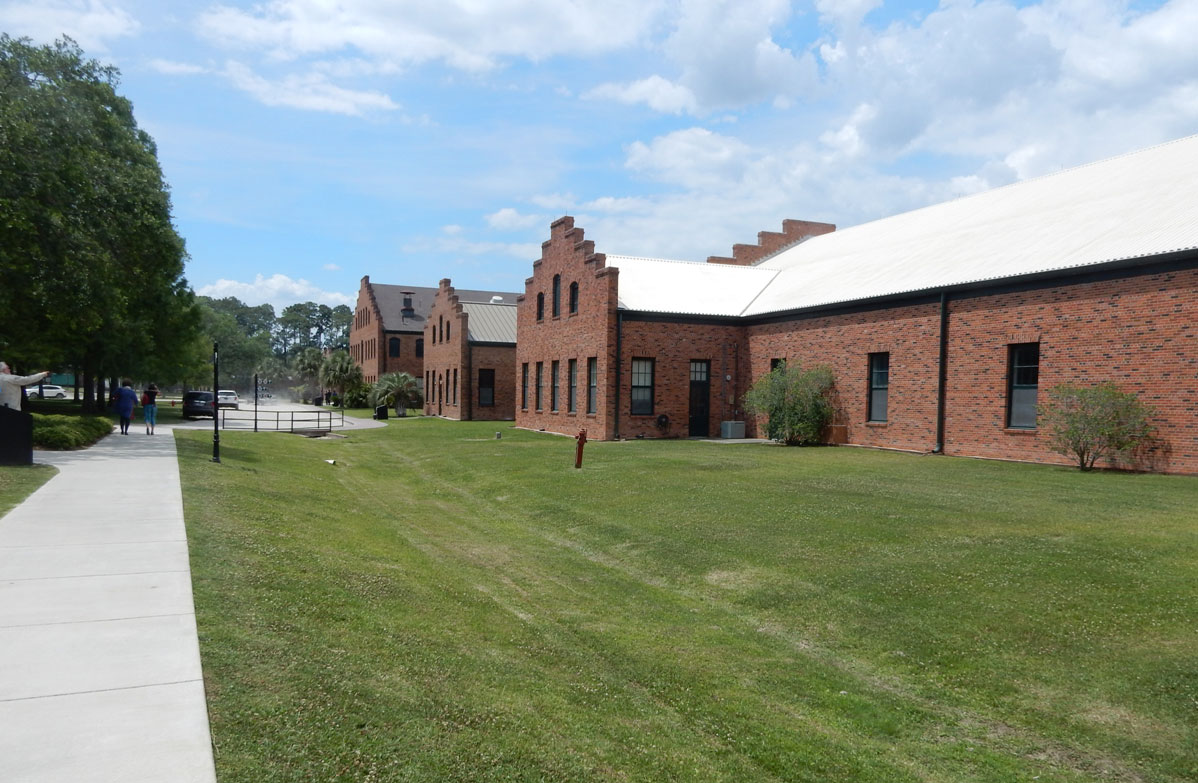Here today, gone tomorrow. MillerCoors is ceasing production of cheap but cheerful Two Hats, the crafty-looking light beer, which came in lime and pineapple flavours. Taking its inspiration from – possibly – Bud Light Lime, the range was targeted at younger legal-age drinkers. Launched only in February this year, the economy-priced brand will exit the market in early 2019. MillerCoors announced its decision on its blog on 6 August 2018.
Indra Nooyi, the CEO of PepsiCo, will step down in early October, the company announced on 6 August 2018. She held the top job for twelve years and was the firm’s fifth CEO in the group’s 41-year history. Her successor is a company insider, Ramon Laguarta, 54, a Spanish national, who has held various positions in his 22 years at PepsiCo.
Molson Coors quickly followed words with deeds and reported on 1 August 2018 that it has entered into a joint venture in Canada to develop cannabis-infused beverages for the domestic market.
Growth for small and independent craft brewers remained stable for the first half of 2018, according to new mid-year data released by the Brewers Association. Production volume for the craft segment increased five percent during the first half of 2018.
Constellation Brands has acquired Dallas-based Four Corners Brewing Company for an undisclosed sum. This transaction, announced in early July 2018, underlines Constellation’s regional approach to US craft beer. It previously bought Florida’s Funky Buddha in 2017 and California’s Ballast Point in 2015 for a staggering sum of USD one billion.
MillerCoors, the number two brewer in the US, is worried. According to its blog, rival AB-InBev plans to bring several of its international craft brands in kegs to the US in order to carve out a bigger share of the lucrative high-end segment, currently dominated by craft beer and imports.
Second time lucky? Scottish brewer BrewDog has launched another crowdfunding campaign in the US with a goal to raise USD ten million. The brewer made the announcement by parachuting soft toy ‘fat cats’ (slang for self-enriching business types) from a helicopter above Manhattan. They produced a video of this stunt, which can be watched at vimeo.com
At the Beverage Forum in Chicago in April 2018, there was already angsty talk of a shortage of truck drivers, hampering brewers and wholesalers’ ability to get their products into consumers’ hands on time.
New generation beer vending machines, that have overcome the issues which plagued earlier models, will be trialled by AB-InBev. The new ones accept all types of cash-less payments and sell cans that are opened inside the machine prior to discharging.
These days, brett, lacto and pedio are the feted Three Musketeers among US craft brewers and so it is easily forgotten that other famous American foods are fermented, too. If spicy food is your thing, then Tabasco sauce should immediately come to mind.


